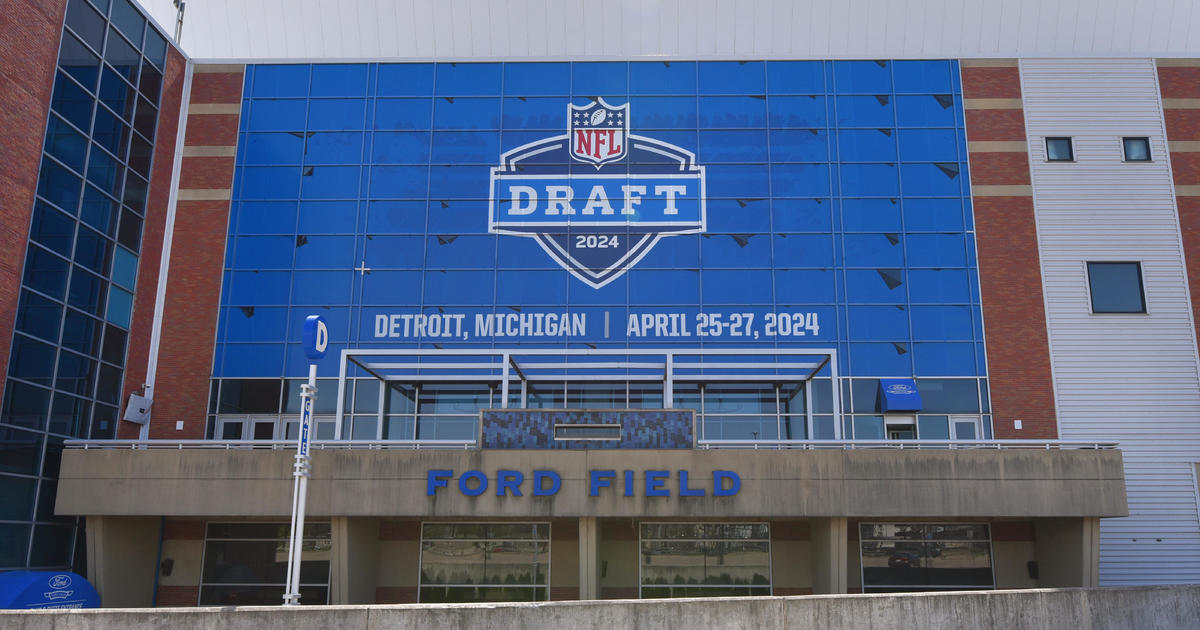Esperion Gets Positive Results From New Study Of Cholesterol Drug
PLYMOUTH -- Esperion Therapeutics Inc. Friday announced "positive" results from a Phase 2a clinical study of its product candidate ETC-1002 in patients with high cholesterol and a history of bad reactions to existing statin drugs.
The study demonstrated that ETC-1002 cut LDL-C, the so-called bad cholesterol, by an average of 32 percent, and was well tolerated.
The data will be submitted for presentation at a future medical meeting and for publication in a peer-reviewed journal.
"I view this level of LDL-C reduction as comparable to what is seen with mid-dose statins," said Paul D. Thompson, M.D., Director of Cardiology, Cardiovascular Research at Hartford Hospital, and Professor of Medicine at the University of Connecticut. "These patients have very limited therapeutic options. Therefore, a well-tolerated medication that significantly lowers LDL-C could benefit this underserved patient population."
Esperion plans to initiate a Phase 2b clinical study of ETC-1002 that will include patients with hypercholesterolemia and a history of statin intolerance by the end of 2013. The company expects that the Phase 2b study will be designed to evaluate multiple doses of ETC-1002 in a parallel group design of up to 12 weeks in duration with ezetimibe, a common treatment for statin intolerance, as a comparator.
Therapies most often prescribed for patients with hypercholesterolemia and a history of statin intolerance have reported average LDL-C lowering of up to 18 percent in pivotal clinical studies. The goal of the Phase 2b study is to demonstrate comparable tolerability with superior efficacy of ETC-1002 to ezetimibe for the treatment of patients with hypercholesterolemia who are intolerant to two or more statins due to muscle-related adverse events.
A total of 56 patients were evaluated in the study. A total of 37 patients were randomized to receive ETC-1002 and 19 patients received placebo. Thirty-one (84 percent) ETC-1002 patients and 15 (79 percent) placebo patients completed eight weeks of treatment. Three patients in the placebo group withdrew from the study for muscle related reasons while no patients in the ETC-1002 group withdrew for the same reasons. ETC-1002 lowered LDL-C by an average of 32 percent compared with an LDL-C reduction of 3 percent in the placebo group (p<0.0001).
High sensitivity C-reactive protein (hsCRP), a recognized marker for inflammation, was significantly reduced after eight weeks of ETC-1002 therapy.
Adverse event rates overall were comparable between the ETC-1002 and placebo groups with muscle-related adverse events similar between groups as well. No serious adverse events (SAE) were observed among placebo patients, and one unrelated SAE occurred in the ETC-1002 treatment group. No patients in the ETC-1002 treated group discontinued the study because of myalgia (muscle pain or weakness).
According an academic study of approximately 10,000 current and former statin users published in 2012 in the Journal of Clinical Lipidology, about 12 percent of patients on statins discontinue therapy, and 62 percent of these patients cited side effects as the reason for discontinuation. More than 86 percent of patients who discontinued therapy because of side effects cited myalgia as the primary reason for discontinuing their statin. Based on these data, it is estimated that approximately 6 percent of statin users, or more than 2 million adults in the United States, ceased therapy because of myalgia and are therefore considered to be statin intolerant. Poor statin adherence can be associated with worse cardiovascular outcomes.
ETC-1002 is a first-in-class, orally available, once-daily LDL-C lowering small molecule therapy designed to lower levels of LDL-C and to avoid many of the side effects associated with many of the existing LDL-C lowering therapies like statins. In the liver, ETC-1002 targets inhibition of ATP citrate lyase (ACL), a key enzyme in the cholesterol biosynthetic pathway, and activates a complementary enzyme, 5'-adenosine monophosphate-activated protein kinase (AMPK).
More at www.esperion.com.



